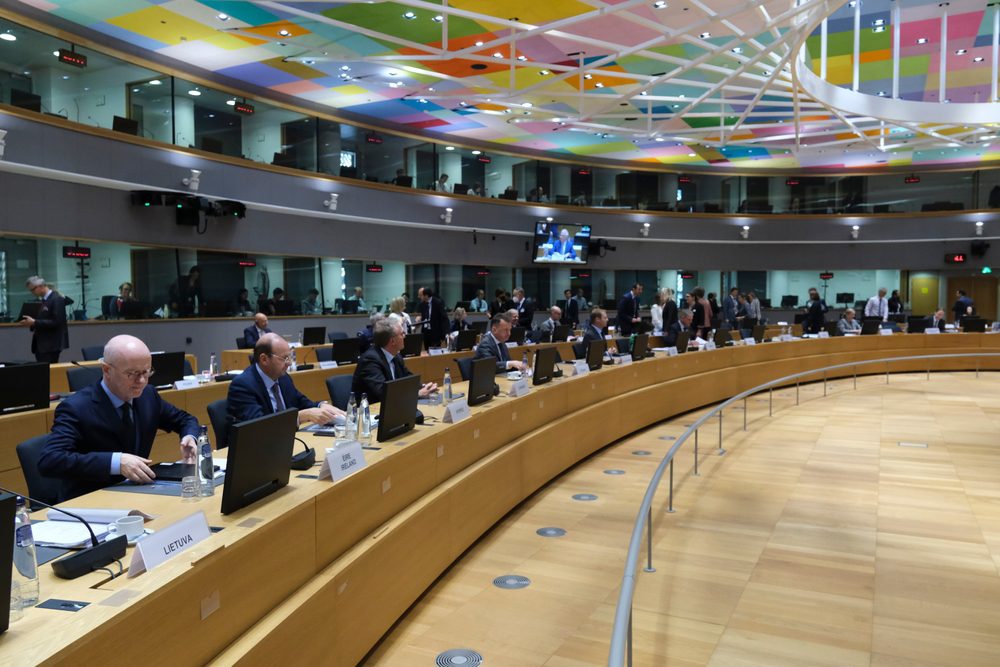
An agreement was reached in extremis on Monday, December 12th, at the European level to release part of the financial support earmarked for Hungary. The ambassadors of the 27 member states voted to grant Budapest €5.8 billion in European recovery plan funds. €6.3 billion is still blocked under the conditionality mechanism.
Hungarian Prime Minister Viktor Orbán had been quite optimistic in recent weeks that an agreement would eventually be reached with the EU institutions. Time has proven him right. Now that the European Parliament is being rocked by the scandal of Qatari bribery of parliamentarians, perhaps Hungarian corruption seems relative, as the head of the Hungarian government suggested not without irony on Twitter:
Good morning to the European Parliament! @Europarl_EN pic.twitter.com/VYXGeSOwul
— Orbán Viktor (@PM_ViktorOrban) December 12, 2022
Four interrelated issues had been blocked for several weeks: the payment of EU funds to Hungary; the Hungarian post-COVID recovery plan; the issue of the payment of €18 billion in EU aid to Ukraine—which was vetoed by Hungary—and a proposed 15% minimum corporate tax on big companies, also blocked by Hungary.
Three of the four issues were successfully resolved. Viktor Orbán’s government chose to lift the Hungarian veto on aid to Ukraine and on company taxation. In exchange, Europe validated the payment of the €5.8 billion post-covid recovery plan expected by Hungary. Hungary was the only country in Europe that had not yet received aid under this plan, even though the content of the plan had recently been validated by the European authorities.
€6.3 billion—i.e., 55% of the sum that Hungary is entitled to expect from the European Union—are still suspended, pending the completion of the reforms requested by the Commission from Hungary. The Commission had recommended freezing 65% of the funds, but the Council reduced this figure to 55%.
The Council is blowing hot and cold, welcoming the initial efforts, but asking for more commitment from Budapest: “EU Member States recognise the work done by the Hungarian authorities, but considered that these corrective measures do not sufficiently address the identified violations of the rule of law and the risks they imply for the Union’s budget,” says the Council press release. The final payment of the €5.8 billion is nevertheless subject to the satisfactory implementation of the reforms, and its use must correspond to the objectives set by Brussels: 48.1% of this allocation must be devoted to the climate objective of carbon neutrality and 29.8% to supporting the digital transition.
Viktor Orbán gives off the impression of having conceded to EU pressure in order to unblock the funds owed to his country. The situation was indeed urgent because without an agreement before the end of 2022, Hungary would have lost considerable sums of money that could not have been allocated afterwards. But the compromise seems to have been made in an honourable way for both parties. Ukrainian aid can be validated, and Hungary has managed to preserve some of its interests. Regarding the proposed 15% corporate tax, Le Courrier d’Europe centrale mentions that Orban has reportedly obtained assurances from the Council of the European Union that the corporate tax will be included in the overall minimum tax demanded by the EU, which means that Hungary’s current 9% corporate tax rate will not have to be increased.
The agreement was passed unanimously in the European Council, including Italy and Poland. The exact details will be known in the coming days.
